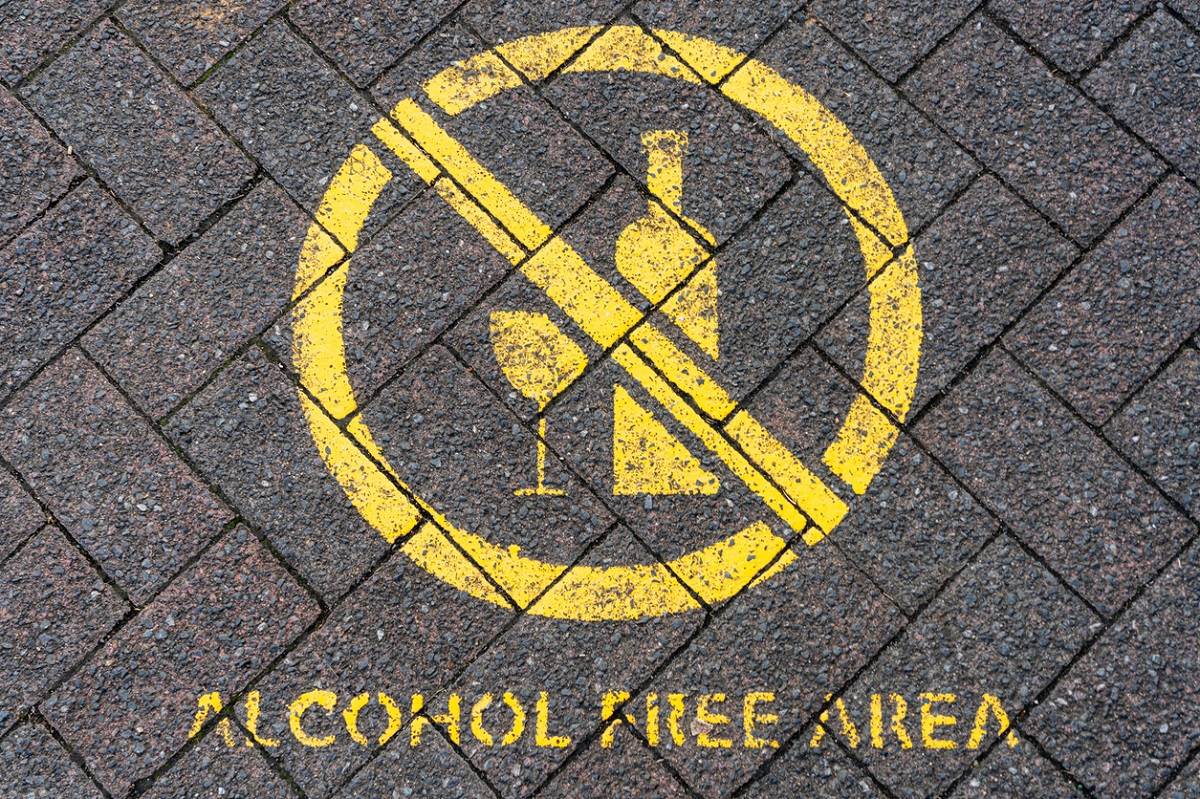The Aboriginal community of Strelley, located 40km from Port Hedland in Western Australia, has decided to ban alcohol in the community for five years, bringing the total number of dry communities in WA to 30.
The community made the decision to ban alcohol in order to reduce harm to its residents and create a safe space for healing. In addition, the Aboriginal community of Tjuntjuntjara (Spinifex) in the Goldfields, 690km north-east of Kalgoorlie, has renewed its alcohol ban for a further 10 years, until July 2034.
Although the bans are approved by the Racing and Gaming Minister, they are usually instituted at the request of the Aboriginal community itself.
Racing and Gaming Minister Paul Papalia congratulated the communities for introducing the bans, saying that such bans have had positive effects on regional and remote Aboriginal communities in WA.
“I commend these Aboriginal communities for showing strong leadership and for their commitment to protecting residents from alcohol-related harm. These bans will greatly assist in creating a safe environment for members of these communities by preventing alcohol-fuelled anti-social behaviour, violence and crime.
“Liquor bans have resulted in positive outcomes for many remote and regional parts of Western Australia and reducing alcohol-related harm remains a priority for the Cook Government,” he said.
Michael Waters, CEO of Retail Drinks Australia, congratulated the communities on their targeted approach to reducing alcohol abuse.
“Retail Drinks supports measures that ensure local communities are empowered to make decisions about alcohol policy within their neighbourhoods, rather than all-of-population measures. We welcome the opportunity to work with government and community stakeholders to support the implementation of these community-led decisions,” he said.
These alcohol bans are covered by Section 175 of the Liquor Control Act, which prohibits the purchase, possession, or consumption of liquor in a restricted area. Licensees, managers of licensed premises and directors of a body corporate face fines of $5,000 for transgressing the restrictions, while others face fines of $2,000. The regulations also allow police to seize and dispose of any alcohol being brought or suspected of being brought into the dry community.
Liquor Stores Association WA CEO Peter Peck called for more services to support people in these communities who may be suffering from addiction.
“We applaud any community that feels that this is the appropriate direction to go in, and not only do we applaud them, but we will support them in any way, shape, or form. However, we also need to gauge how many people then leave these communities and move to an area where they can then access alcohol,” he said.
“The biggest problem we have had is that there is a lot of effort in restricting access to alcohol, but when it comes to the second stage, which is putting in services to deal with alcohol issues, there is a vacuum the size of the Grand Canyon. As much as we applaud these dry communities, if they are not being supported with the wraparound services they require to keep people on Country, with their families, and to deal with alcohol issues there, then it is just a case of moving the problem. We don’t want to see the problem moved. We want to see the problem fixed.”

